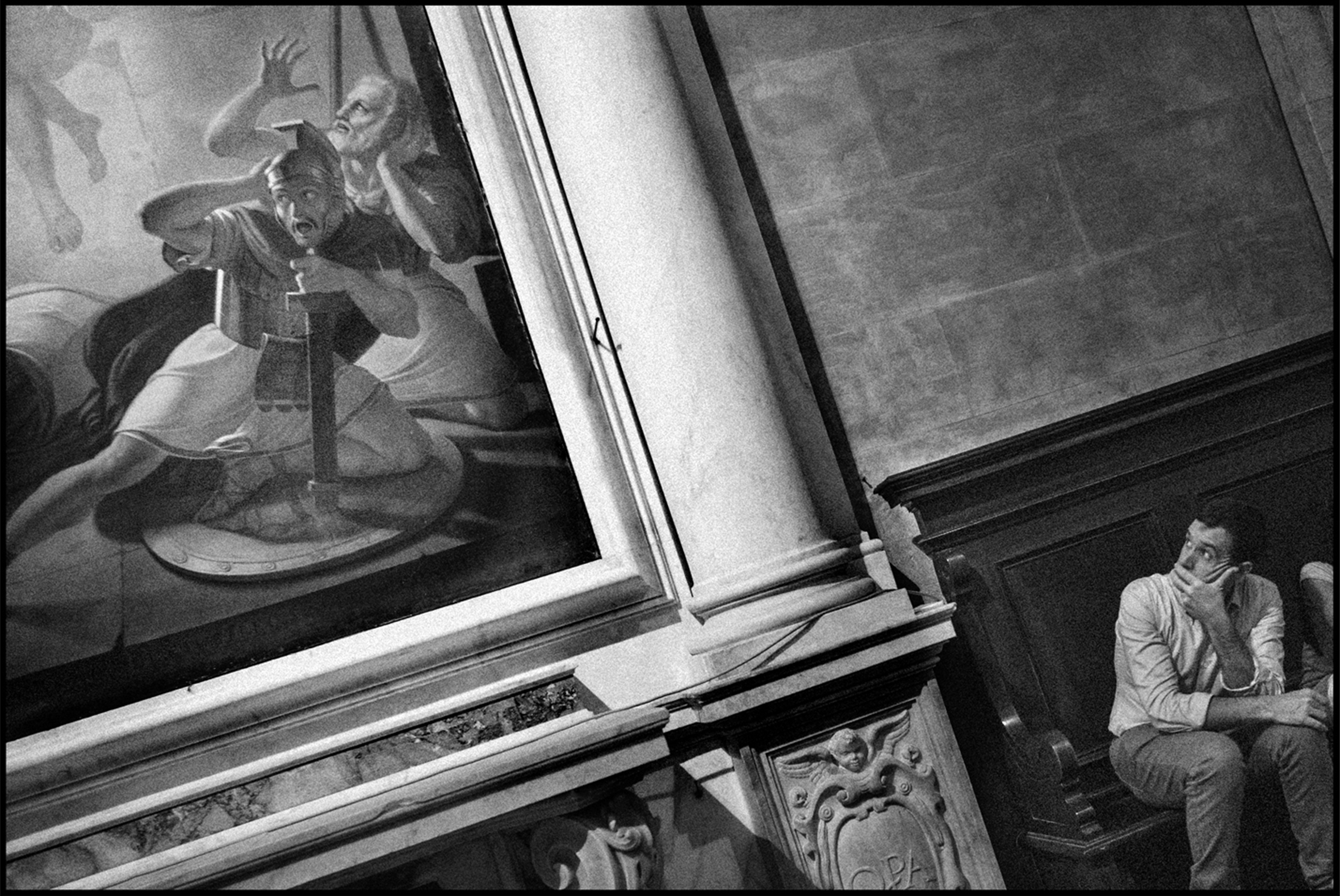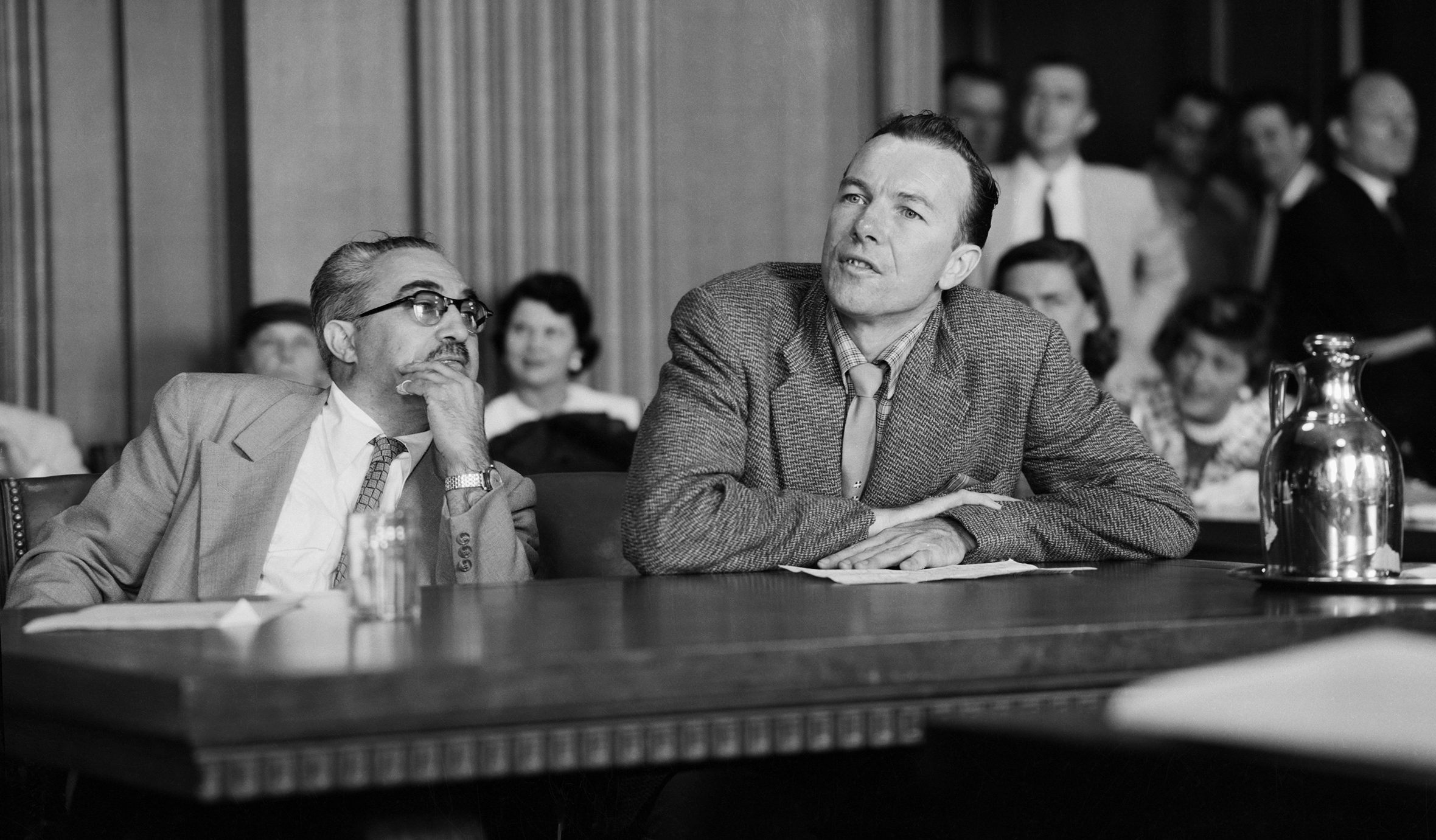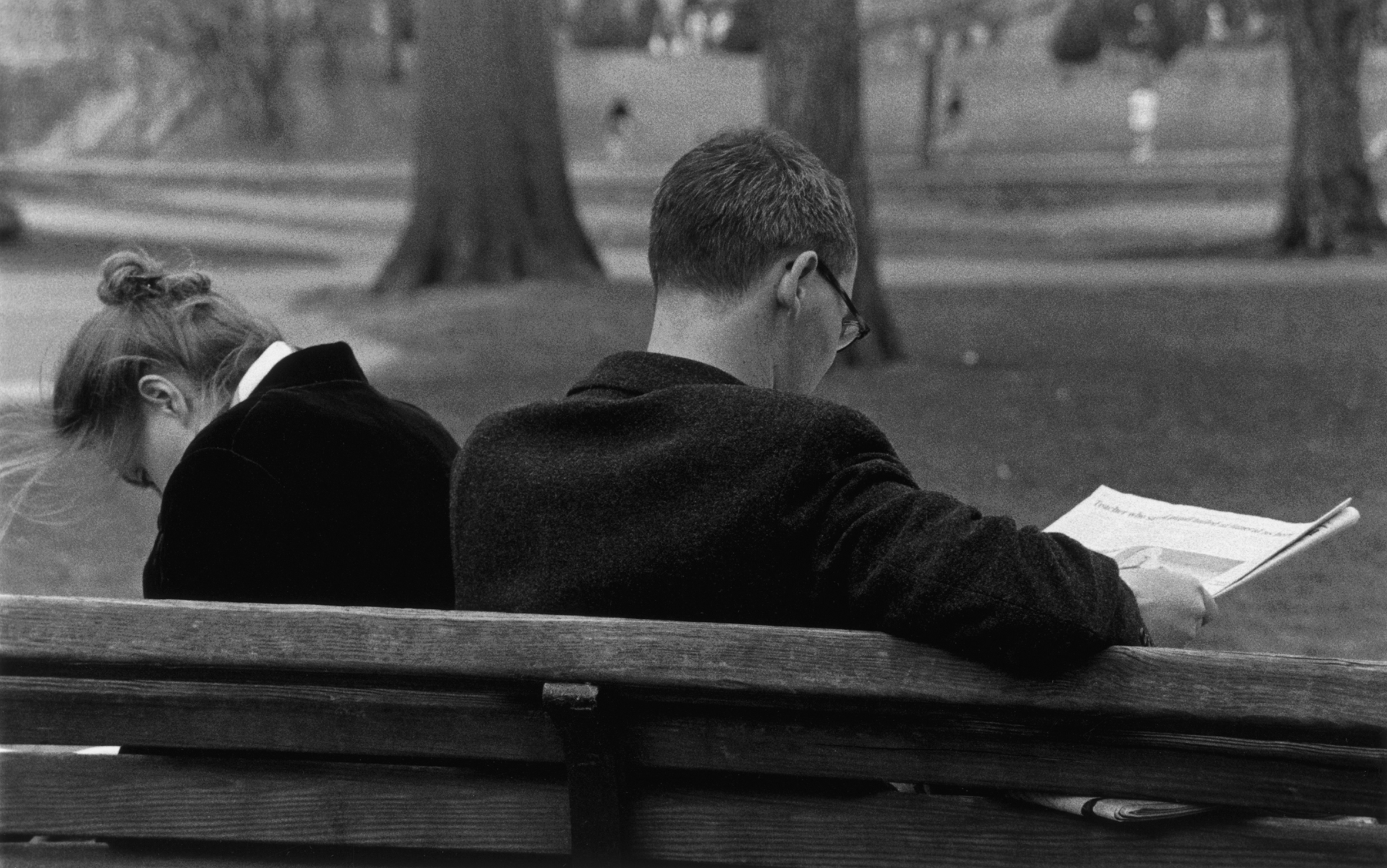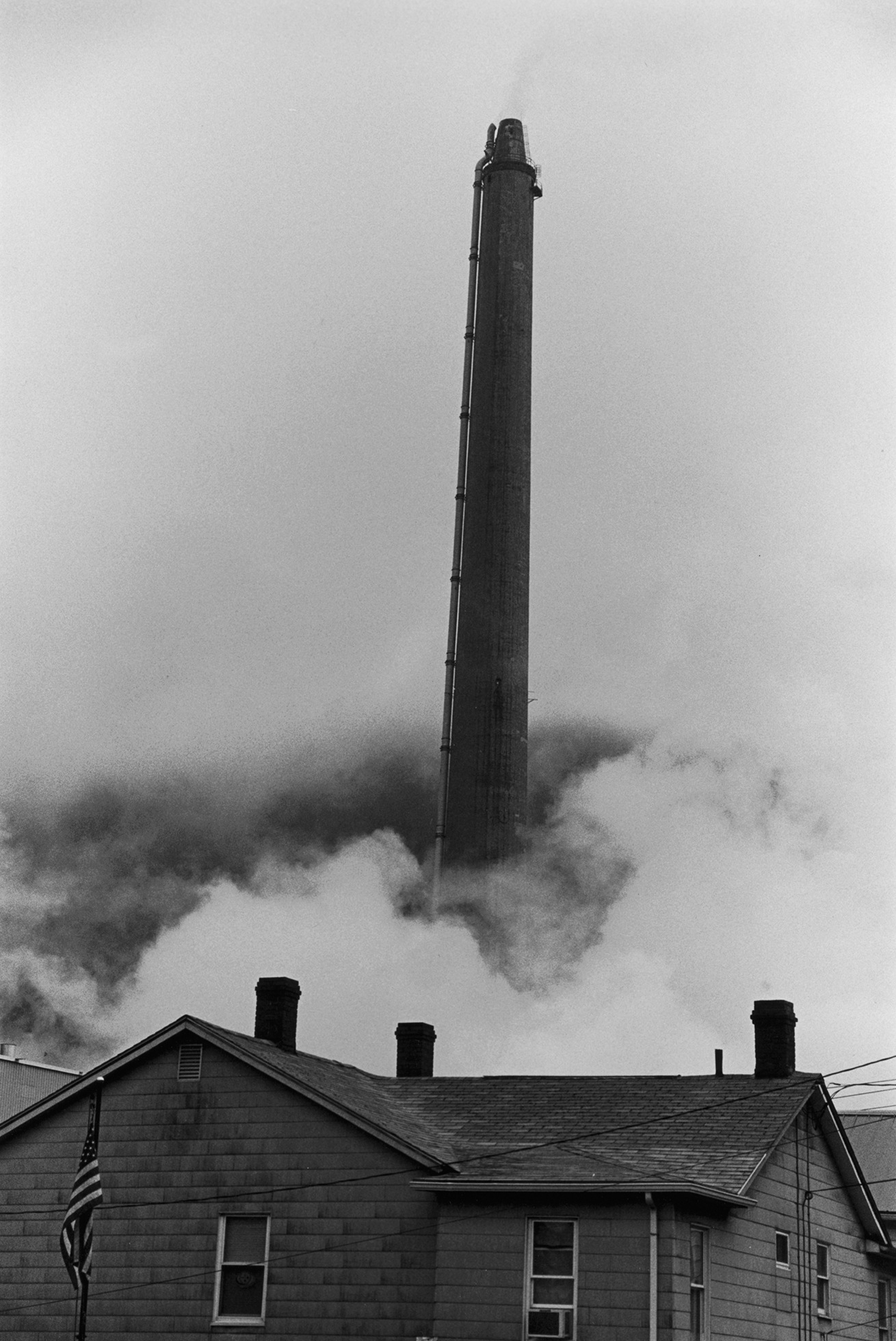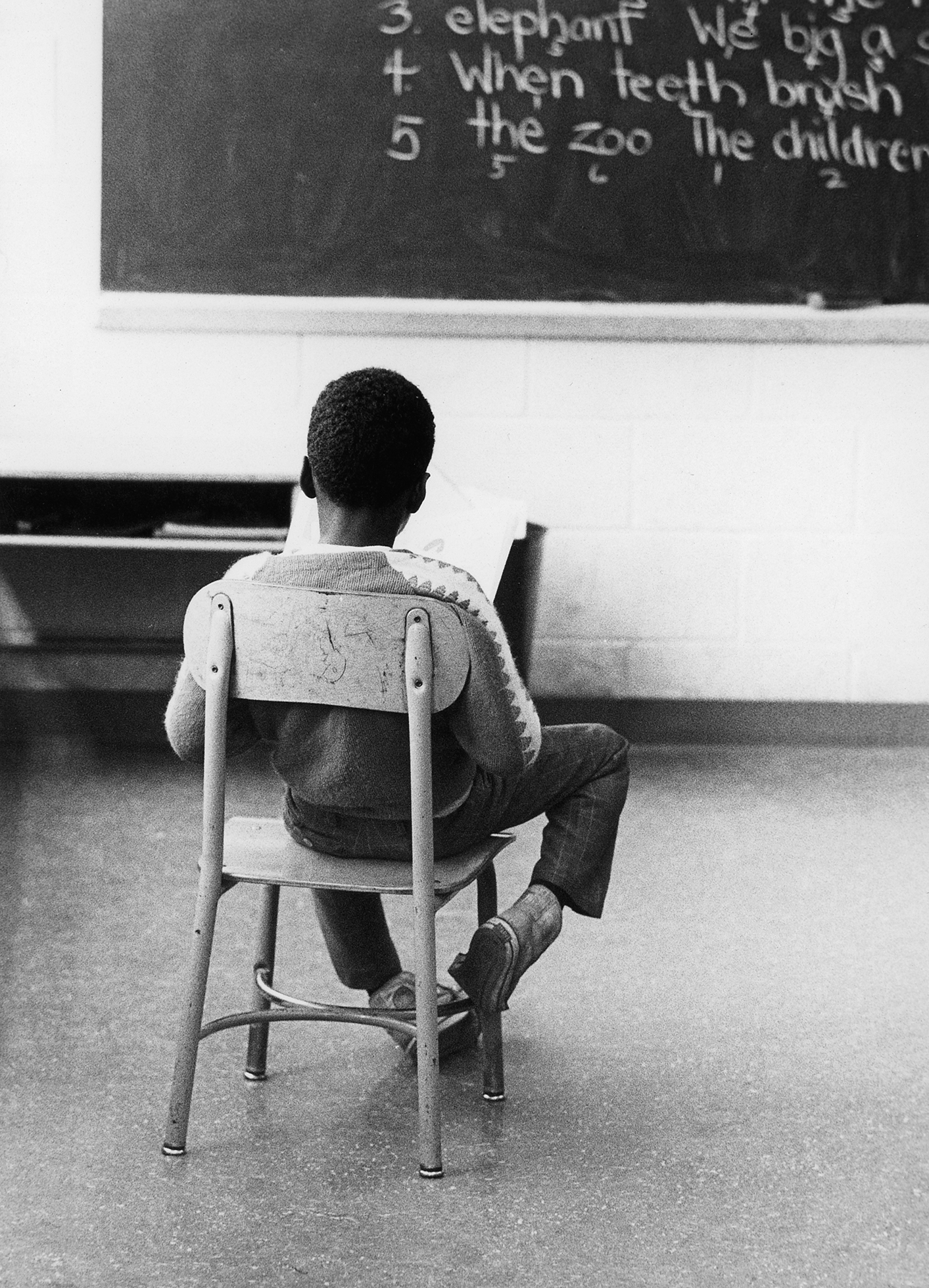Browse Topics
Civil Liberties
Sunbeams
June 2015The county jail looked like a tall, forbidding elementary school. Seven stories of dirty-brown brick, one hundred years old and now operating at 330 percent of capacity.
excerpted from
Letter From Birmingham Jail
Injustice anywhere is a threat to justice everywhere. We are caught in an inescapable network of mutuality, tied in a single garment of destiny. Whatever affects one directly, affects all indirectly.
February 2015The Word Gets Around
An Interview With Pete Seeger From The Sun’s Archives
We know that the big job is to save the world, but where do you start? I’m convinced that if we are unable to work in our home communities, the job is not going to be done. The world is going to be saved by people who fight for their homes, whether they’re fighting for the block where they live in the city or a stretch of mountain or river. But unless they can fight within their own communities, I think they’re kidding themselves.
May 2014I Sang For Everybody
Pete Seeger’s Testimony Before The House Un-American Activities Committee
Mr. Seeger: I feel that in my whole life I have never done anything of any conspiratorial nature, and I resent very much and very deeply the implication of being called before this committee: that in some way, because my opinions may be different from yours, or yours, Mr. Willis, or yours, Mr. Scherer, that I am any less of an American than anybody else. I love my country very deeply, sir.
May 2014Running In Guantánamo
I jog as far into this uncharted area as I can, toward the mouth of the river. A soldier emerges from some reeds, and then a dozen more. Guns are pointing at me. I have accidentally run into a squad on patrol in full gear.
January 2014If Only We Would Listen
Parker J. Palmer On What We Could Learn About Politics, Faith, And Each Other
There are people on the far Right and far Left who can’t join in a creative dialogue about our differences — say, the most radical 15 or 20 percent on either end. But that leaves 60 or 70 percent in the middle who could have that conversation, given the right conditions. And in a democracy, that’s more than enough to do business.
November 2012Please Don’t Vote For Me
The Right claims that Occupy Wall Street is secretly dominated by anarchists, but the real inner cabal is composed of smart academics. This movement has learned from all the failed activism of the last forty years. In the 1960s young hippies attempted to overthrow the established order, but their values were completely opposed to those of the working class. Now the young hippies have signs that say, We Are the 99%. (Besides, the working class is no longer scared of long hair.) The Occupiers also refuse to be pushed to the left. They don’t attack capitalism or even the war in Afghanistan. They just say over and over, “Why did they bail out the banks but not us?”
November 2012In Their Backyard
Robert D. Bullard On The Politics Of Where We Put Our Trash
We need a system to determine when a community has already shouldered its fair share. Right now, if someone wants to build a hazardous-waste facility, the EPA or state will assess the risk to nearby residents from that new facility only; the risks posed by the three or four or five polluters already in the area aren’t added to the equation. So there is nothing that might trigger the EPA or state to say that this community is overburdened by pollution.
May 2012excerpted from
Sonny’s Blues
Then Creole stepped forward to remind them that what they were playing was the blues. He hit something in all of them, he hit something in me, myself, and the music tightened and deepened, apprehension began to beat the air. Creole began to tell us what the blues were all about.
March 2011By The Color Of Their Skin
Tim Wise On The Myth Of A Postracial America
Some think that racism ended with the Civil Rights Act of 1964, the Voting Rights Act of 1965, and the Fair Housing Act of 1968. Those were important steps, because they made it illegal to engage in discrimination. But just because you’ve made something illegal doesn’t mean it no longer happens. No enforcement mechanisms existed for the Fair Housing Act until 1988, and evidence suggests there are still millions of cases of race-based housing discrimination every year.
July 2009